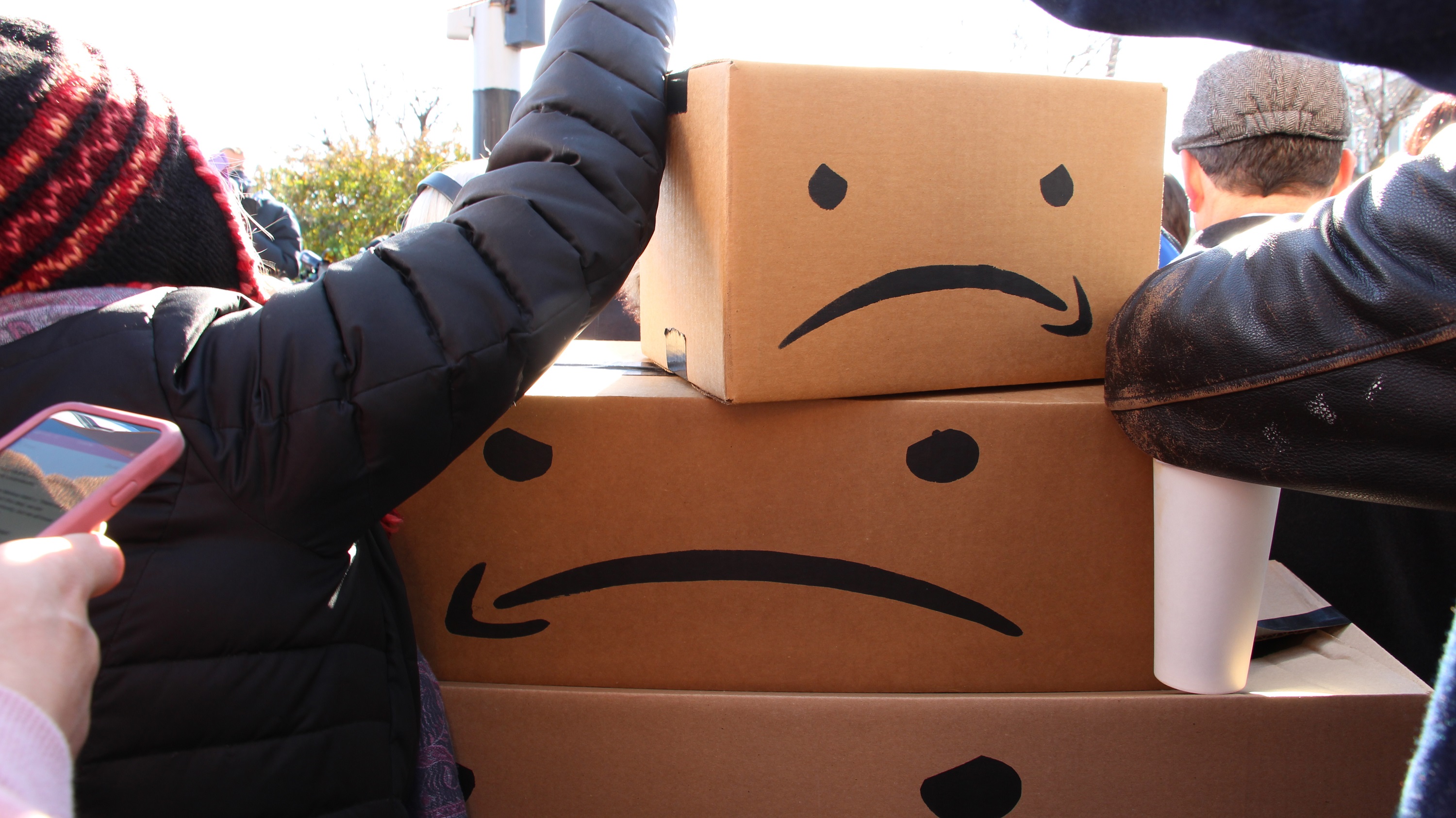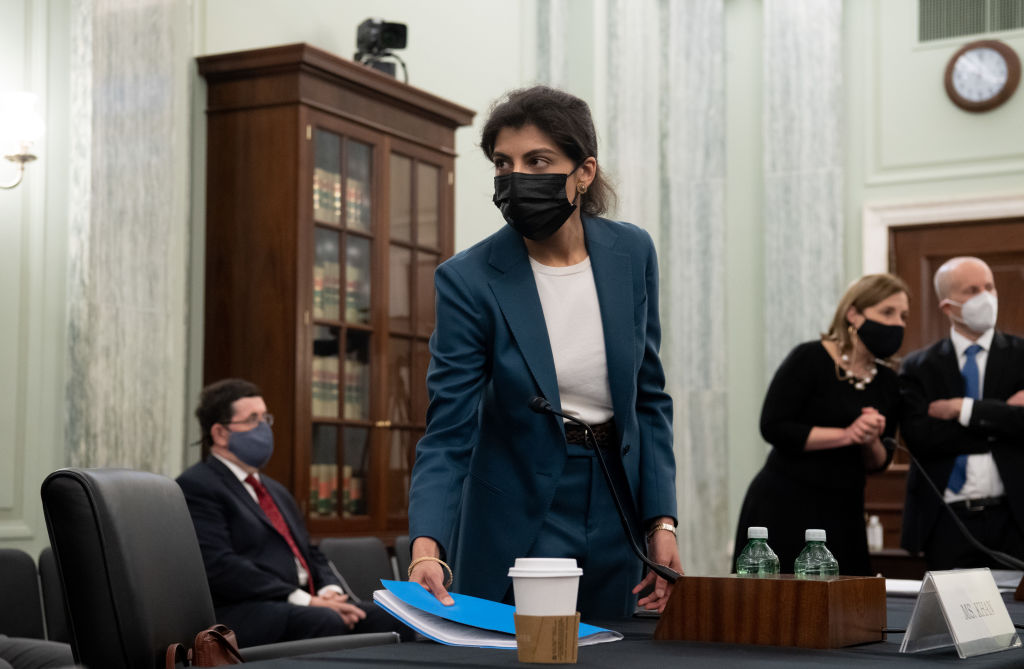
Fake reviews have been a problem on Amazon for years. And there have been plenty of articles written online (including this one from ThePennyHoarder) detailing how users can get paid to write reviews on Amazon. But Amazon updated its customer reviews policy in 2016 prohibiting any sort of incentivized review. That includes anything from free products to gift cards.
So why are so many brands getting kicked of Amazon recently? It seems that the likes of Aukey, Mpow, Tomtop and the Sunvalley Group, the parent company for RAVPower, Taotronics and VAVA, never got the memo.
- These are the best portable chargers and power banks available now
- Prime Day 2021: The best deals for working from home
- Plus: Peloton will brick your $4,300 treadmill if you don’t pay the $40 monthly fee
In May Aukey and Mpow were delisted from the Amazon marketplace following a report by SafetyDetectives. The site uncovered a network of third-party companies that would solicit actual Amazon customers to buy products and leave a positive review. After the review was posted, the user would be refunded the purchase price via PayPal, effectively getting the product for free.
It was a clever system that worked around Amazon, using other services to communicate with buyers and get them paid.
It’s why Amazon is now asking social media companies to up efforts in spotting “bad actors” that offer incentives for favorable reviews.
Earlier this month, Nicole Nguyen of the Wall Street Journal reported that RAVPower, makers of portable battery banks, headphones and other electronic devices, were offering gift cards in exchange for reviews. In fact, Nguyen had bought a charging brick off Amazon and found a gift card offer inside.
After Nguyen’s report, and Amazon’s subsequent delisting of RAVPower, Taotronics and VAVA, the Sunvalley Group’s revenues dropped 31% and its stock had fallen 12%.
Sign up to get the BEST of Tom's Guide direct to your inbox.
Get instant access to breaking news, the hottest reviews, great deals and helpful tips.
RAVPower's parent company has issued a statement saying that three of its brands (incl. Taotronics and VAVA) were suspended from Amz yesterday, affecting 31% of the company's revenue, and it will rely on its DTC site. The stock is down 12% today. https://t.co/6hKeLiyvgmJune 17, 2021
Still, all of these brands were some of Amazon’s top sellers. Some believe that bogus reviews have been an open secret at the e-commerce giant for a while, and that it wasn’t until regulatory pressure by the FTC did the company begin acting. Vox’s Recode actually acquired some internal messaging and found that for some of its largest sellers, the company essentially let bad practices slide.
“Communications between Amazon employees viewed by Recode also appear to expose an inconsistent punishment system in which employees need special approval for suspending certain sellers because of their sales numbers, while some merchants are able to keep selling products to Amazon customers despite multiple policy violations and warnings.”
Gaming the system
Given that 89% of consumers are likely to buy at Amazon over other online sites, there’s a lot of money to be had when landing on the first search page. Like Apple, Amazon occupies a very small club of $1 trillion dollar companies. Considering that Amazon has over 12 million products on its marketplace, landing at the top of search results can mean tremendous sales.
Amazon’s algorithm works to push the best products in front of consumers. And a great way to gauge if a product is good are five-star ratings.
“In early 2012, the Amazon catalog grew too big, and the only way to get to the top of search results was to prove to the algorithm that your product was the best,” said chief executive of Marketplace Pulse Juozas Kaziukėnas in an interview with the Wall Street Journal back in 2018. “Most sellers realized acquiring reviews was a golden ticket.”
Given the deluge of products, it’s not too surprising that sellers started looking to other means to pump up five-star ratings.
According to Saoud Khalifah, CEO of Fakespot, a browser extension and app that points out fake reviews, of the companies mentioned above, a huge percentage of reviews were either fake or coerced.
“The average Fakespot grade for these companies is a C grade for thousands of listings,” said Khalifah in an interview with Tom’s Guide. “The average percentage of fake reviews on the listings would range from 20% to 70% in some instances.”
Pressure mounts from FTC
Another dynamic throughout all of this is the recent appointment of Lina Khan, an associate law professor at Columbia Law School with expertise in antitrust and competition, as chairperson to the FTC.
“The new appointment of Lina Khan will only increase the pressure on Amazon to combat the rampant fraud on their platform. The problem isn't only with fake reviews. There are also fake upvotes, counterfeits, misleading information and many more problems that Fakespot detects,” said Khalifah.
We reached out to Amazon for comment, and the online retailer says it has upped it game on weeding out fake reviews.
“Amazon relentlessly innovates to allow only genuine product reviews in our store to help earn the trust of customers,'' said an Amazon spokesperson in an email to Tom’s Guide. “In 2020, we stopped more than 200 million suspected fake reviews before they were ever seen by a customer, and more than 99% of reviews enforcement was driven by our proactive detection.”
A reckoning is coming

While fake reviews have been a problem on Amazon for a few years now, according to Khalifah, in 2020 and 2021 fake reviews had reached an all-time high on Amazon internationally.
Still with Aukey, RAVPower and others now delisted, that leaves a massive gap in electronics sales at Amazon. At the moment, it’s uncertain if Amazon will allow these sellers to return.
“No clue who fills the void, but likely each departed brand’s sales will be split among the other brands in the same product category,” said Michael Pachter, a research analyst at Wedbush Securities, in an interview with Tom’s Guide. “There is no reason to conclude that Amazon’s commodity brands will benefit in a disproportionate manner.”
While Pachter and regulators agree that ultimately removing brands that post incentivized reviews will be good for the consumer, there’s still a long way to go for Amazon to purge this practice from its marketplace. For Khalifah, whose entire company is centered around finding and spotting fake reviews, he feels a real reckoning has yet to come.
“This is only the beginning. Behind the Aukey's and Mpow's of the world, there are hundreds of other unscrupulous sellers that have been engaged in the same or similar deceptive tactics since day-one of selling on Amazon.”
Imad is currently Senior Google and Internet Culture reporter for CNET, but until recently was News Editor at Tom's Guide. Hailing from Texas, Imad started his journalism career in 2013 and has amassed bylines with the New York Times, the Washington Post, ESPN, Wired and Men's Health Magazine, among others. Outside of work, you can find him sitting blankly in front of a Word document trying desperately to write the first pages of a new book.

